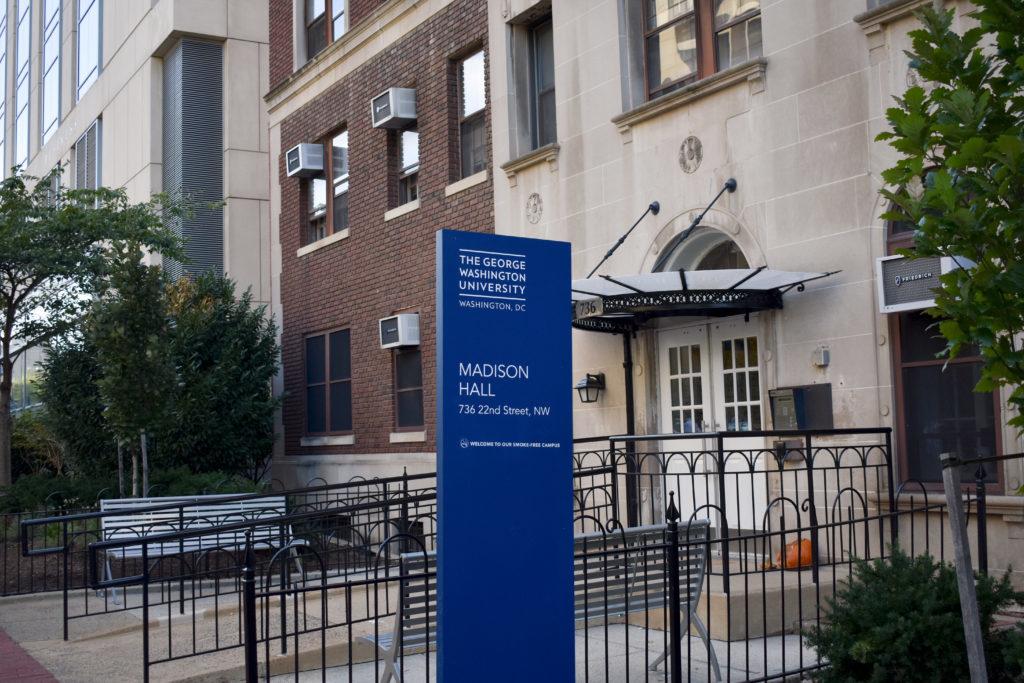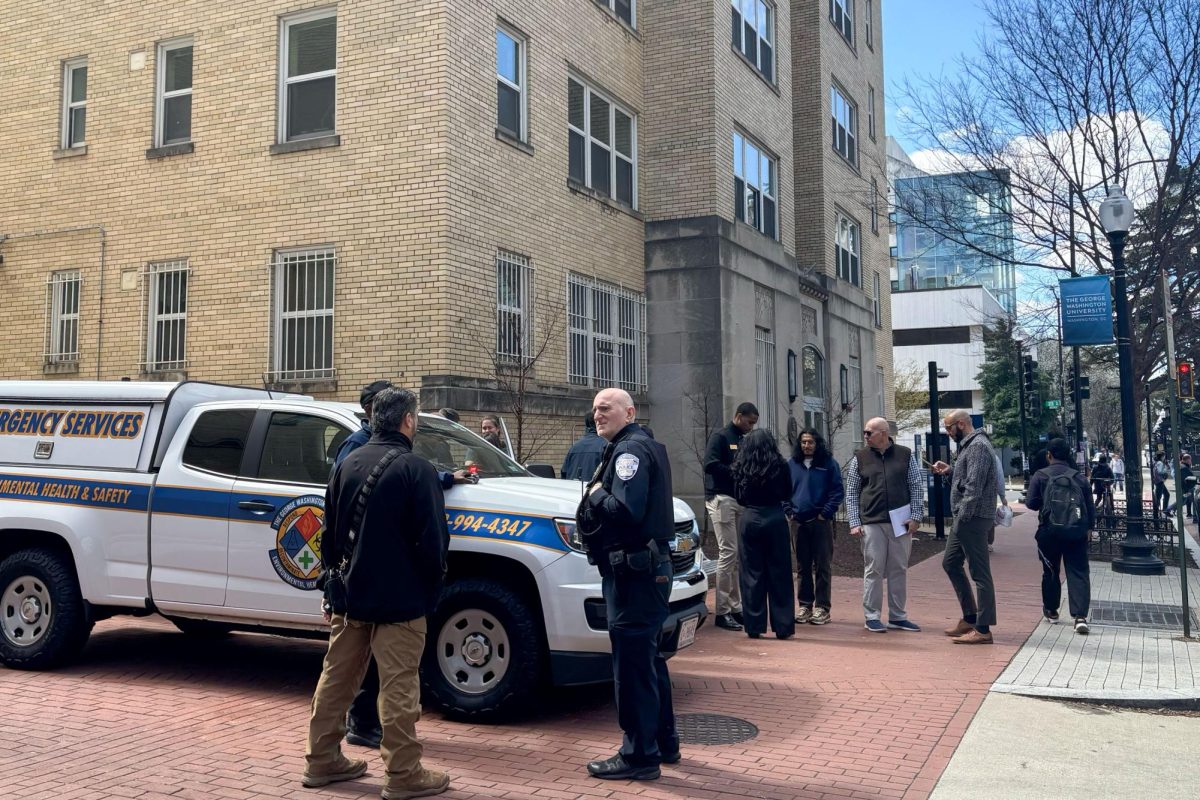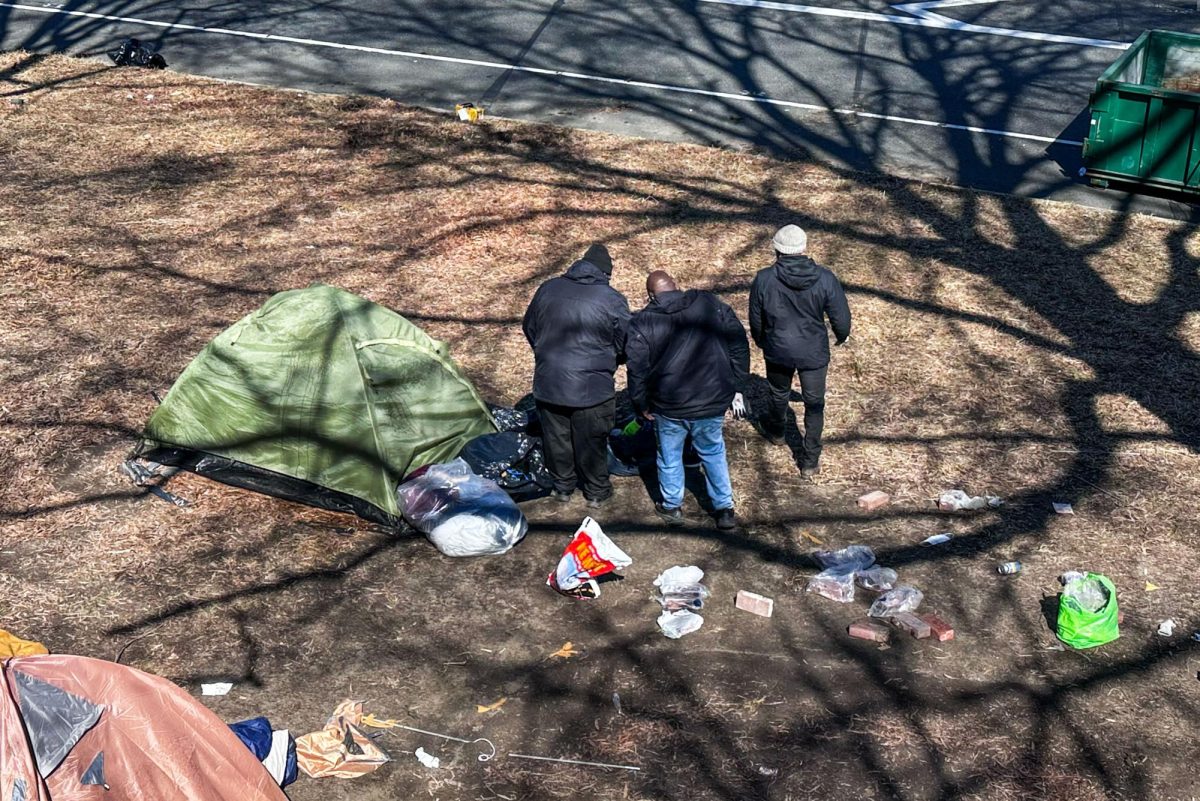Updated: Feb. 25, 2021 at 8:08 p.m.
The University will cancel the Resident Adviser program, transferring responsibilities to residential staff and providing employment positions for residential life for more than 200 students in the upcoming academic year.
Stewart Robinette, the assistant dean of students, said in an email to the current RA cohort that officials will transfer all “counseling, safety and on-call” responsibilities to professional staff members living in each residence hall to “reimagine” the RA program and the Campus Living and Residential Education team. The email states the move will help the Division for Student Affairs offer more Federal Work Study and student wage positions than the 142 RA roles that were planned for last fall.
Robinette said officials would turn to experts like residential staff to handle the RA responsibilities, which he said carried a level of complexity that generated concerns from previous RAs who struggled to support other students.
“We have come to the determination that the increasing demands placed on an RA are not sustainable for a student to be successful as they balance their academics, form social connections with their peers and prepare for a life after graduation,” the email states.
The RA program has been on pause since the outbreak of the COVID-19 pandemic, and officials suspended the program for both the fall and spring semesters of this academic year.
The email states officials will offer nine new groups of student employment positions open to more than 200 students next academic year, which include programming, operations, desk support, peer mediation, faculty program support, communications, social media, assessment and semester transitions.
Robinette said officials will create a “predetermined set” of weekly hours for each new position at the start of each semester so students can plan their time better than RAs. He said RAs often struggled to work around a position that never featured a standard schedule.
The email states returning RAs will receive automatic acceptance to the new “Transitions Opening & Closing staff” position if they apply, offering $1,500 in housing credit per semester of work.
“These focused positions will allow students to gain a deeper development and build upon a skill set in an area they are most interested in,” the email states.
Robinette said officials will continue partnering with the Residence Hall Association and the National Residence Hall Honorary. He said the Faculty in Residence program will continue to support residential students with resources and be a source of “intellectual engagement” for residents.
He added that current members of the RA cohort will still receive their RA cords for graduation.
“The student voice in our residence halls will continue to be a priority and an integral part of our ongoing commitment to fostering an engaged student community stimulated by culture, intellectual diversity and a cohesive living and learning experience for all of our students,” he said.
Robinette said in an interview that he compiled feedback for the overhaul from exit interviews, focus groups and “action teams” with former RAs over the past five years, meetings with the Residence Hall Association and communication with area coordinators and community directors. He said each group that officials consulted also raised safety concerns about the RA position.
“Safety of our students and safety of our RAs is of the utmost importance, and that’s not just because it’s the right thing to do,” he said. “It’s also because of when we’re talking to students, that’s what they want, as they should, and for when we’re talking to their families, that’s what they want also. And so that was a huge part of the decision making.”
Robinette added that unlike the RA program, the new student employment positions won’t impact financial aid packages, and students won’t need to wait for their packages to process after accepting the position. He said RA candidates who learned about their employment in March would typically need to wait to learn how that would impact their financial aid package, creating different effects on different students.
“It does not impact their financial aid package like it did under the RA model, and what that means also is that now rather than finding out that you’re an RA in March, which used to be our old process and then having to wait to see exactly what your complete financial aid picture is going to be for a while, now you can be like, ‘Alright, I know how this is going to impact me,'” Robinette said.
Vice President of Student Affairs and Dean of Students Cissy Petty said the COVID-19 pandemic helped officials take the time to reassess issues facing students and RAs, which have been “magnified” during the pandemic. Petty said RAs might be placed into uncomfortable situations as they’re counseling residents in response to noise complaints, sexual assault cases or students who are intoxicated or “belligerent.”
She said one senior RA shared safety concerns about doing rounds and walking between residence halls on campus, and Petty noted how the recent political climate of current events has intensified these concerns.
“Think about what you’ve gone through in the last decade, and then think about what happened last year, and then think about what’s even happened this year – not just the pandemic, but the insurrection at the Capitol, and the Black Lives Matter movement and the number of deaths,” she said in the interview. “That is an emotional weight that can’t help to spill into your collegiate experience.”








